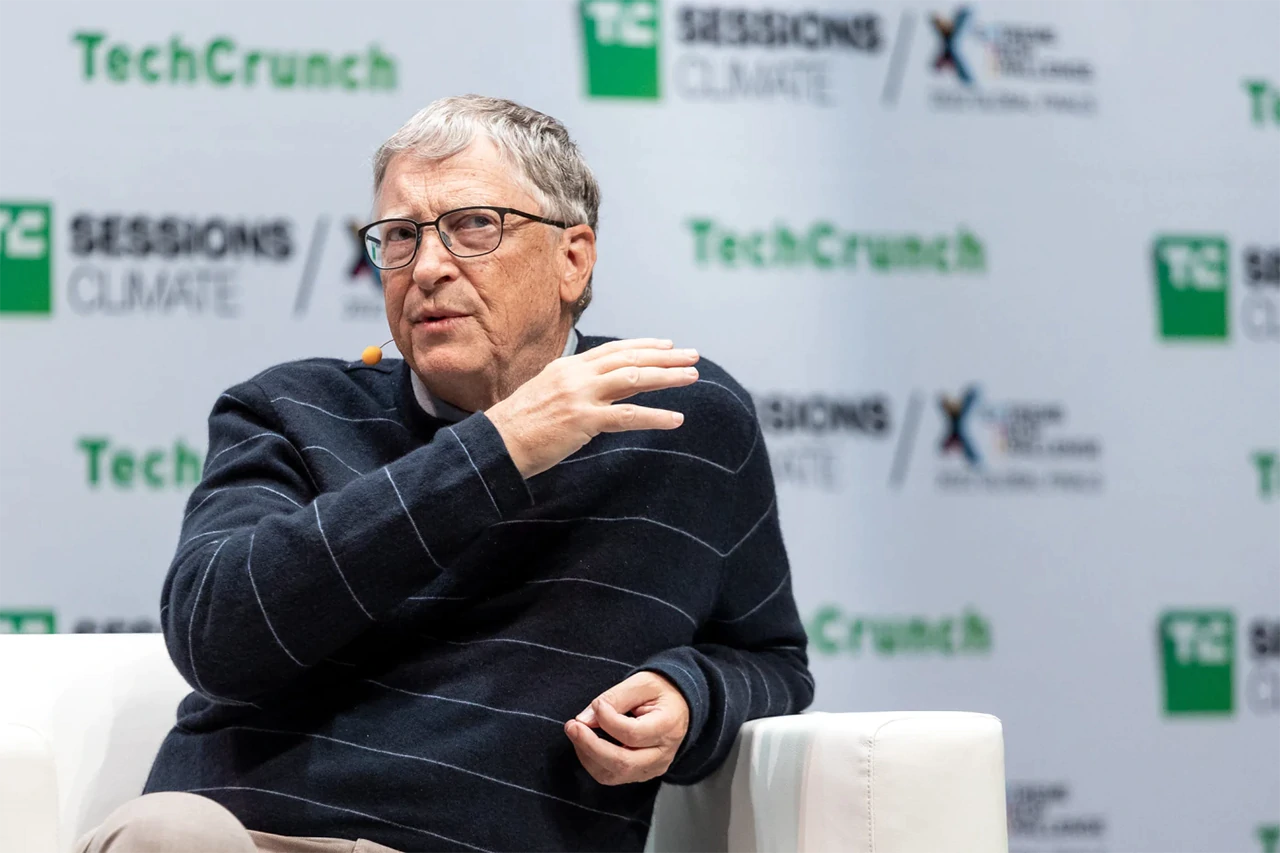When it comes to investing, some people may have their own favorites. For example, some may purchase real estates, while others prefer to buy stocks. Others invest in noble metals, like gold.
Others invest in other things that they think will go up in value.
In the world where the internet has become common, and has created many commodities, Bill Gates, the co-founder of Microsoft and one of the world's richest men, is a rather old-fashioned investor.
He prefers to buy common stocks, or other things that have intrinsic " value."
The billionaire dismissed cryptocurrency projects, including non-fungible tokens (NFTs) as shams "based on the Greater Fool Theory."

Speaking at a climate conference event in Berkeley, California, hosted by TechCrunch, Bill Gates revived past criticisms of digital assets.
"I’m used to asset classes ... like a farm where they have output, or like a company where they make products."
He sarcastically said this when referring to the much-hyped Bored Ape Yacht Club NFT collection.
In the world when cryptocurrencies thrive and have become commodities, which in turn sparked the creations of NFT products, "I’m not involved in that," Gates added.
"I’m not long or short any of those things," Gates said, suggesting that he was also suspicious of assets designed to "avoid taxation or any sort of government rules."
"Not my circus, not my digital image of a monkey," he said.
The Greater Fool Theory suggests that price of something goes up simply because people are able to sell overpriced item to a "greater fool", whether or not it is overvalued. That is, of course, until there are no greater fools left.
To put it more simply, people invest in something based on the hype believing that others will buy that thing from them at a higher price. Those people invest without caring or knowing whether or not the thing they buy has any foundational value.
And here, Bill Gates is not a fan of cryptocurrencies or any of the overly-hyped NFTs, regardless of how high they can sell.
NFTs are essentially tokens that can’t be exchanged for one another. They’re often touted as a way to prove ownership of digital assets like art or sports collectibles.
But critics, including Bill Gates, see them as overhyped.
This isn't the first time Gates has expressed skepticism about cryptocurrencies.
In 2021, for example, he was worried about the dangers of regular investors buying Bitcoins, especially when the cryptocurrency’s value was so volatile and could be tanked on the basis of a tweet from a prominent investor, like Elon Musk.
"I do think people get bought into these manias who may not have as much money to spare," he said at the time. "My general thought would be that if you have less money than Elon, you should probably watch out."